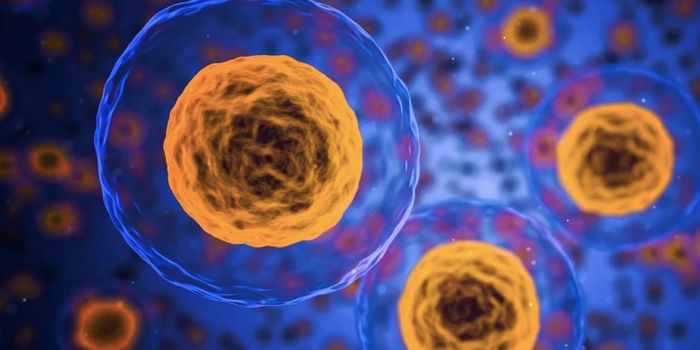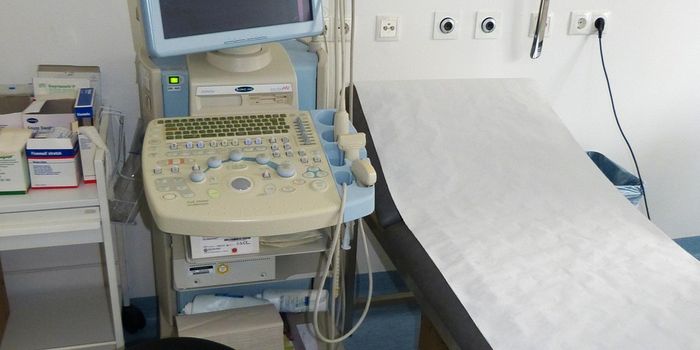Immune Cells Predestined for a Specific Role in Infection
The immune system works to maintain homeostasis throughout the body. Various cell types and immune mechanisms work in concert to fight disease. Specifically, two waves of immunity orchestrate a robust immune response to mitigate and eliminate infection. The first wave or barrier includes the innate immune response. This primary shield of immunity is general and covers a wide range of disease. It is the first responder because it detects foreign pathogens and neutralizes it before the pathogen has a chance to spread. Cells included in innate immunity release different proteins to activate stronger responses. As the innate response signals for more immune cells to flood the infected area, they trigger the second wave of immunity. The adaptive immune response is more specific and provides effective cells that eliminate infections. Innate immune cells present signals on their surface, which adaptive immune cells recognize and become active in response. Therefore, both immune responses work together to provide a protective immune barrier against outside pathogens.
The adaptive immune response is a critical form of immunity that many scientists target in therapy. One type of immune cell within the adaptive immune response includes T cells. The T cell population is primarily responsible for eliminating infected cells and building immune memory. In this case, T cells will eliminate a foreign virus or protein and store T cells that are specific to that foreign biomaterial. The next time the body comes into contact with that disease, memory T cells will respond faster and eliminate the infection before it can spread throughout the body.
Interestingly, many different therapies focus on building T cell response to fight off various disease, including cancer. Immunotherapies target T cell activation to redirect the immune system to pathogens that fall under the radar. Although T cells are well studied and used to treat illness, they can also become exhausted after stimulation. In many cases, specifically cancer, overstimulation can lead to T cells inability to become activated. This exhaustion allows disease to spread and therapies to be ineffective. As a result, many scientists are working to understand T cell exhaustion and how to overcome it.
A recent paper in Nature, by Dr. Dietmar Zehn and others, demonstrated that exhaustion is pre-emptively determined during infections. Zehn is a Professor of Animal Physiology and Immunology in the School of Life Sciences at the Technical University of Munich. His work focuses on T cell biology and how these cells respond to infections and other malignant diseases. Specifically, he works to investigate the underlying mechanisms of T cell biology to improve therapeutic efficacy.
Zehn and his team discovered that early in disease progression the body generates a wide range of young T cell subsets that have precursor markers indicative of how they will mature and differentiate. With the use of laboratory techniques, mouse models, and computational analysis, the researchers found that T cells are flexible in their responsibilities in early disease onset. However, half of the early T cells share exhaustive marker precursors. Interestingly, as disease progresses, T cells lose their exhaustive precursors to differentiate and elicit a stronger immune response. Overall, this discovery is groundbreaking and provides insight into how T cells develop during acute infection. More importantly it has the potential for scientists to expand therapeutic avenues and improve patient care.








